Rialto is a sales and marketing software as a service offering CRM functionalities tailored to the commercial real estate industry. This “broker portal” allows operators and brokers to exchange inventory and enquiries for space. The rise of the demand for coworking and flexible workplace offering might hit dramatically the traditional intermediaries within the workplace world.
We interviewed Nicolas Kint, the founder of Rialto, to get his impression on how big the change might become and whether coworking operators and brokers can one day understand one another and become partners.

Hi Nicolas. Can you introduce yourself as well as Rialto?
I joined the industry in 2013 as director of a business centre group in Ghent, Belgium. When next supporting the launch of a residential property inspection software solution to the market in 2014, surprisingly enough I was contacted by several brokers and operators of commercial property portfolios. I realised the commercial property industry was underserved by the market. Tight budgets and a need for vertically integrated processes made the market unattractive to the large players like Microsoft, SAP or Salesforce. That’s when I decided to found Rialto. In March 2015, we incorporated with the support of Pi-Labs in London.
The rise of coworking and flexible workspaces is told to be disrupting the office market and its traditional long-term lease contracts. Do you see that happening?
The imminent growth of flex workspace is driven by a couple of factors which today coincide. While the potential of coworking and flex workspace has hardly been underestimated, the timing for this inflexion point was hard to predict. I’m not sure whether we should call this trend “disruptive” to the conventional office leasing market though. There are several examples of specialised office space asset management teams, which have – many of them already for years – been experimenting with flex workspace concepts, typically with very low ROI. I believe that incumbents who got their timing right will have been making the right investments to capture the bulk of this growing market.
Intermediates such as real estate brokers used to play a big matchmaker role between property owners and tenants. Do you see them able to adapt to the new reality of flexible service based office? Or will real estate brokers disappear?
The role of intermediates is changing, and those firms with a strong positioning supported by a long-term vision, supportive for intrapreneurship, will still be able to create a lot of value going forward. To answer your question whether they have a role in the new reality of flex workspace, I definitely believe so. Employers will have to deploy a range of workspace solutions. This will most likely always be a mix of conventional and serviced real estate. This new reality creates a clear demand for professional advice by both landlords and tenants.
Employers will have to deploy a range of workspace solutions. This will most likely always be a mix of conventional and serviced real estate.
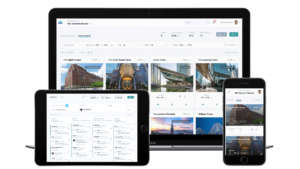 Coworking, flexible and social workplaces. Who can help them to fill in their space? Can they rely only on themselves?
Coworking, flexible and social workplaces. Who can help them to fill in their space? Can they rely only on themselves?
I like to compare this to the hotel market. You have “independent” players versus the “international brands” or “houses of brands”. Your location(s) might compete with Spaces from IWG just as the boutique hotel around the corner competes with Sofitel from Accor. In terms of direct sales, the large players are hard to fight. They can leverage their brand and have built well connected corporate sales teams. Of course, you can beat them in leveraging your community and word of the month, but also in building your indirect sales partnerships with specialised brokers.
Your location(s) might compete with Spaces from IWG just as the boutique hotel around the corner competes with Sofitel from Accor.
Is there a difference between countries, from what you see?
Well, the more mature a market, the better the existing solutions available, the more experienced and better informed the market is. It’s no surprise markets like London, Paris and Amsterdam count several strong brokers and advisory teams in flex workspace.
It’s no surprise markets like London, Paris and Amsterdam count several strong brokers and advisory teams in flex workspace.
Brokers are paid on commission, usually, a percentage of the first paid rents, for instance. What can be their business model, tomorrow, if the commitment to a coworking space is no more than a month?
The flex workspace market has become competitive. If you’d ask me, I’d make sure the “carrot” for the broker is clear. Although the commitment could be restricted to a month, you expect the new customers to use the space for months even years. That’s the interest of building revenue models which allow managers to quickly calculate the Net Effective Rent corresponding such agreements in order to help them understand what cost of acquisition is affordable.
What about the role of online direct matchmaking platforms which are taking a bigger and bigger importance? They position themselves as kind of Booking.com of meeting rooms and office. Can’t they make real estate brokers an obsolete profession as well?
I’m happy you name Booking.com. When they started out 20 years ago, no one in the industry would have imagined they had the potential to become the dominant force in the market they today are. I’m convinced the office market won’t allow this to happen. Instead, expect a strong level of M&A going forward where some of the larger and more successful incumbents will be able to absorb the digitalisation, flex workspace, smart office trends and build future-proof propositions.
What can be the added value of those platforms in the future? Both for coworking spaces as for startups, freelancers and bigger companies?
The market is massive. Yes, startups, freelancers, large corps, …all of them will continue to take on the workspace. Winners will be those who can afford to specialise.
Do brokers nowadays really understand the full value coworking spaces provides to their members, aside of the square meterage and the location of the space (things such as hospitality, community, network, side services, image, conviviality, etc.)?
If I may, I’d not necessarily question the brokers, but rather the market as a whole. Are we willing to pay for the full value coworking spaces create? If the market is to grow 20% a year, there is a strong need for educating the market on those values you name.
Will it be a new job, you think?
Yes, developing, commercialising and managing flex workspace definitely requires specific knowledge and experience.
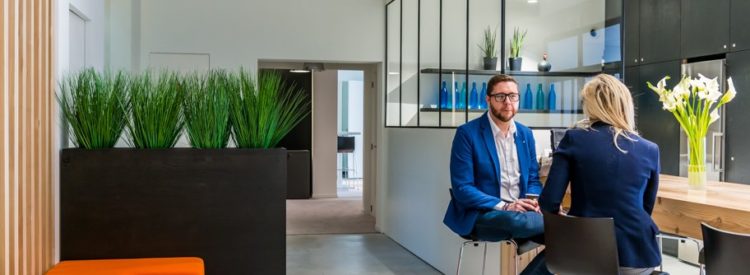

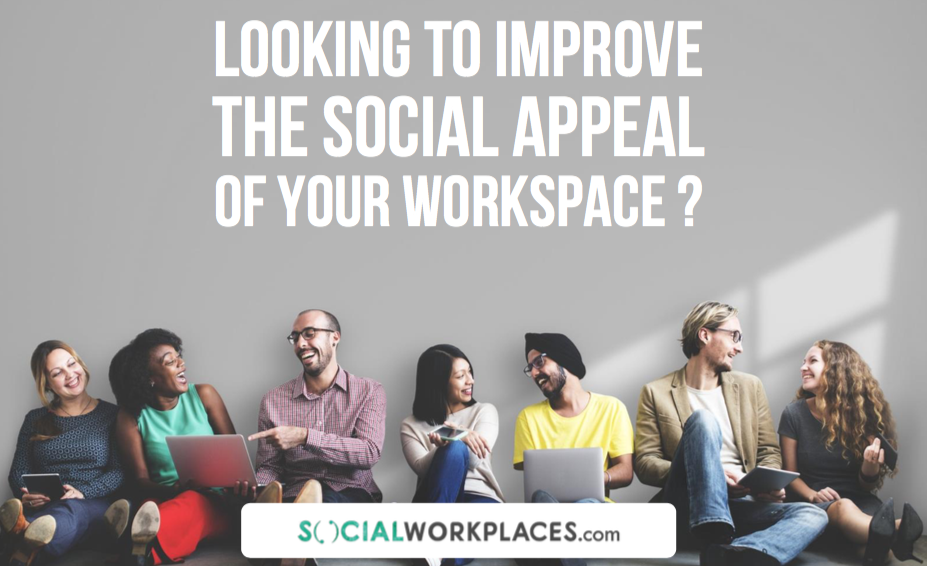
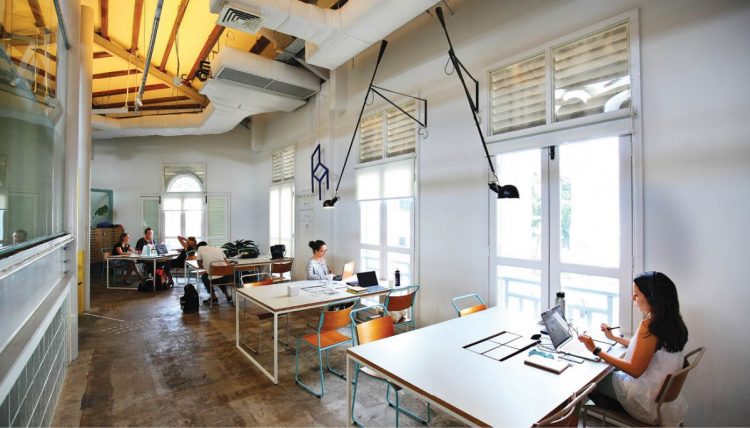
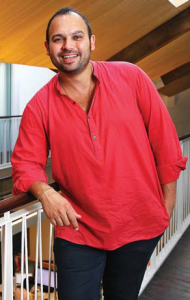
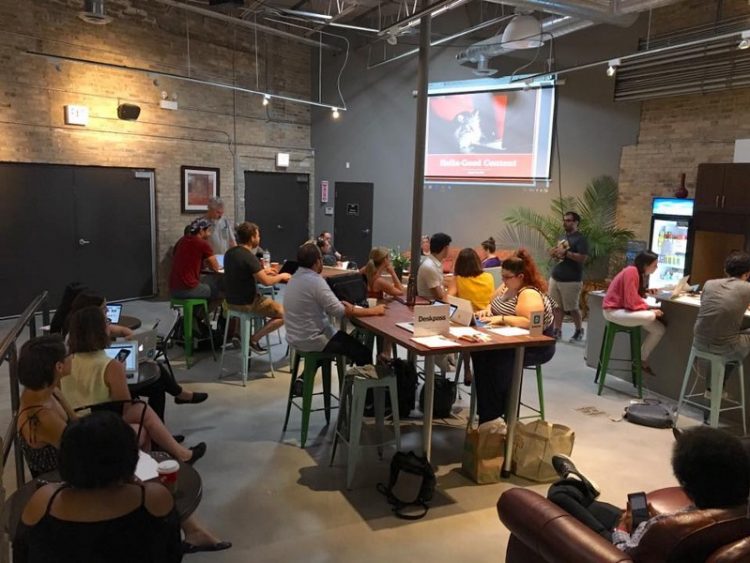

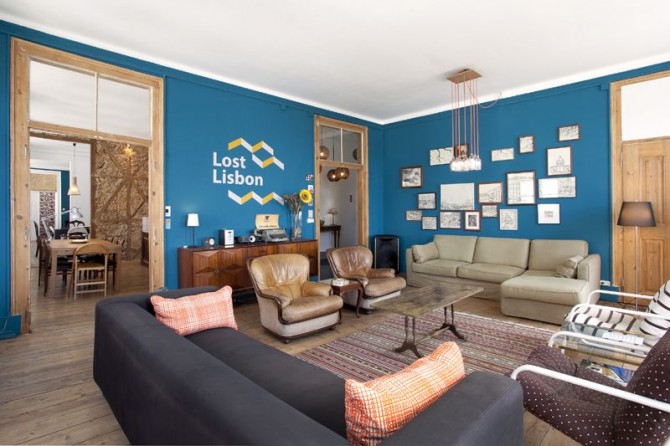

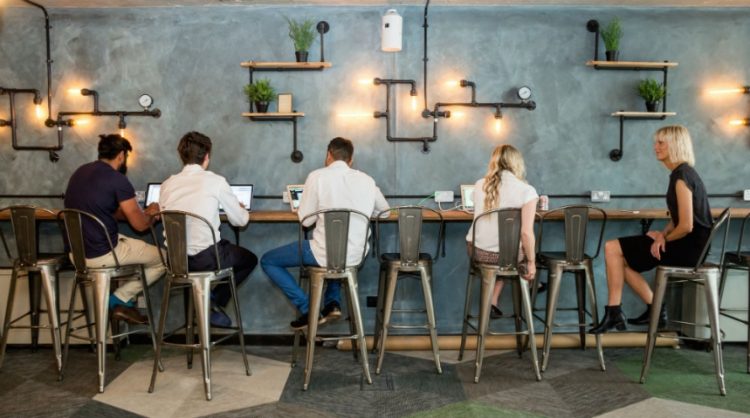


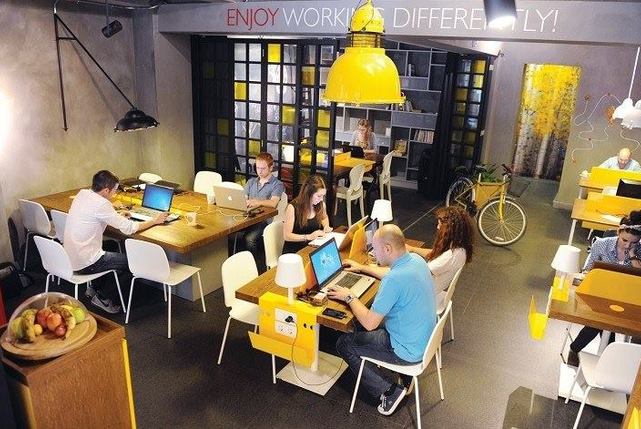
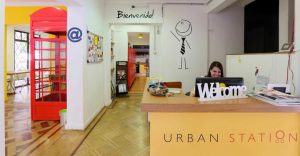
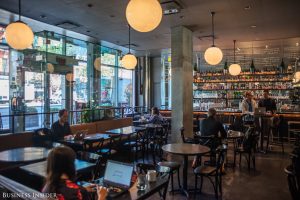





Recent Comments